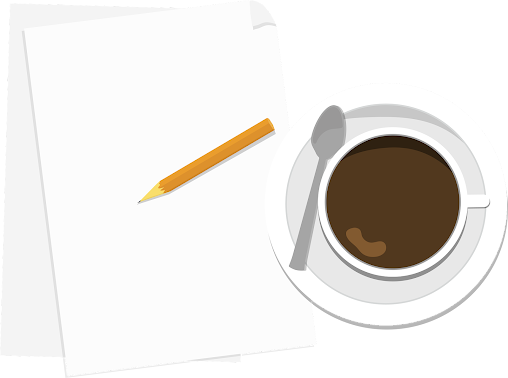If you’re a business owner working from home, you probably have easy access to all sorts of foods. From the pantry to your desk drawer, it’s easy to keep treats on hand when you work for yourself. It can be tempting to indulge your sweet tooth between meals or eat several servings of your favorite salty snacks in the afternoons.
But in order to keep your energy level up throughout the day, you need to choose healthy snacks. Healthy snacks are easier for your body to digest and can help you stay productive. These are the best foods to reach for when you start feeling hungry and need a quick snack.
Green Smoothies
Smoothies are an excellent way to get more fruits and vegetables in your diet. Not only will a smoothie nourish your body, it’s also a good source of vitamins and minerals. But read the labels for the green smoothies that are on store shelves. Some of them have added sugars or other ingredients that aren’t as healthy for you. Try to compare two or three brands to find the smoothies that taste the best and are the most nutritious.
Eggs
Eggs aren’t just for breakfast. They also make a great snack for fending off your mid-day munchies. Eggs are naturally packed with protein so you’ll feel full longer. There are many ways you can make eggs but one of the simplest ways is to hard-boil a few, peel them, and leave them in the fridge. Then next time you’re craving a snack, grab an egg.
Soups with Legumes
Legumes are vegetables that are encased in a pod or shell, like green beans and peas. Legumes are rich in fiber, which prevents blood sugar spikes. When it comes to soups, it’s best to go homemade if possible. But if you decide to purchase ready-made soup, try to look for a low sodium option since sodium is a preservative that’s abundant in processed foods.
A healthy chocolate fix
Maybe it’s been one of “those kind of days” and you really just need a quick chocolate fix. Instead of reaching for your favorite brand of chocolate, try a healthier alternative like a chocolate banana smoothie. You still get the taste of chocolate but you also get the health benefits of a banana.
Fruit and Yogurt
Indulge your sweet tooth with a bit of fruit and yogurt. Yogurt is made from milk, which is a good source of protein. You might be tempted to grab a yogurt from the store shelf that already contains fruit. But that type of yogurt is likely to have added preservatives and extra sugar. That’s why it’s best to opt for plain yogurt and mix in your own fresh fruits.
Running a business isn’t always easy. But eating healthy should be. Keep in mind that you don’t have to make everything from scratch. There are plenty of ready-made snacks that you can buy at your local grocery store. Compare labels on different products to make sure that you’re picking the most nutritious one.
Make your healthy snacks easy to reach for. Store the ingredients you need for a smoothie next to your blender. Pre-cut your vegetables so you can just grab a serving and mix in some yogurt. In order to stay productive, you need to give your body healthy foods.
Journal Your Thoughts
- What snacks do you reach for when you want a treat?
- How do you feel about your current eating habits? What could you do to improve them?
- Do you keep healthy foods on hand? Why or why not?











